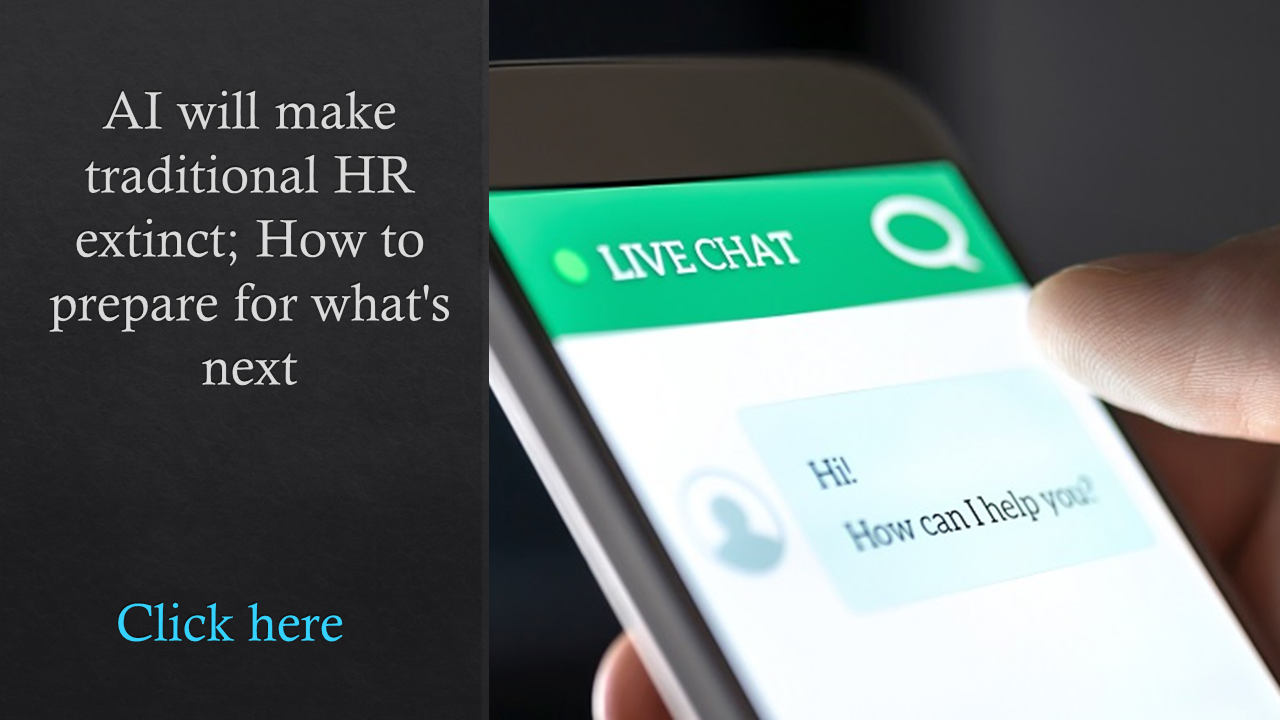Artificial intelligence–long predicted to be a game-changer in HR–already is making its mark on the industry.
AI is fueling new workplace innovations, improving employee safety and reducing low-value or repetitive work, yielding direct workplace benefits, especially in the area of engagement and productivity. Yet, according to Beena Ammanath, executive director of the Deloitte AI Institute, a key factor in achieving success with AI involves building trust among businesses and employees that adopting it will be good for the economy and society.
A recent survey from the Deloitte AI Institute, which connects organizations, think tanks and government leaders on all aspects of AI, and the U.S. Chamber of Commerce found a deep interest in the ethical use of AI innovation and investments among the 250 respondents–mostly senior leaders involved in AI projects at primarily large, U.S-based businesses across a range of industries. The survey specifically included those in HR roles, along with IT/data and research and development, “because of their likely exposure to AI technologies and their impacts,” the authors wrote.
“While the potential for the United States in harnessing its AI talent, computing capacity and private sector-driven innovation is enormous, AI also brings a unique set of challenges,” says Ammanath, who leads Deloitte’s Trustworthy AI program. Those challenges, including concerns about bias, complexity and so-called “rogue behavior” by automated bots, for example, must be solved, she says. Otherwise, worries about risk could slow innovation and interrupt the United States in its efforts to spearhead global work to develop ethical AI-based systems. These are known as “responsible” or “trustworthy” AI.
Ammanath explains that social media, for instance, has amplified negative headlines around AI and that, in turn, has increased awareness of the potential risks associated with AI, including among employees.
See also: Sumser: Google’s AI ethics problem just got even worse
“Earlier in AI’s history, we heard a lot of concerns about machines taking people’s jobs,” she says. “But the conversation around trustworthy AI has shifted and companies have accelerated their adoption of AI technologies.”
Also, businesses relying on AI today increasingly recognize that a focus on AI ethics and trustworthy AI can increase brand equity and trust, which can ultimately enhance employee retention and attract new customers.
Perhaps another positive note? If consumers personally benefit from using AI technologies, their trust could grow. Putting AI to use in improving productivity and decision-making speed, for example, would help consumers trust the technology, according to 56% of survey respondents. The survey also found that workers could become more confident in using and working alongside AI systems as it improves their day-to-day work experience, increases job safety and leads to a more productive workplace.
 When it comes to regulating AI, respondents were confident about the ability of the government to influence the direction of AI innovation toward greater trustworthiness and were similarly positive about the impact government policies could have in accelerating growth in the marketplace, mitigating AI risks and enhancing AI’s benefits.
When it comes to regulating AI, respondents were confident about the ability of the government to influence the direction of AI innovation toward greater trustworthiness and were similarly positive about the impact government policies could have in accelerating growth in the marketplace, mitigating AI risks and enhancing AI’s benefits.
Ammanath says that, while many employers still use AI primarily in IT and cybersecurity-related functions, as it continues to expand into HR functions, it’s important to secure employee buy-in across the organization.
“Development and training programs are essential in making employees part of the AI journey,” she says.
At this point, employers are self-regulated when it comes to gauging AI ethics and trustworthiness within their products and services, she says, and, to that end, can implement peer reviews and new processes and guardrails around their AI implementations.
“However,” she says, “we do expect that regulations will be forthcoming.”
Artificial intelligence in HR will be explored in-depth in the AI track at the upcoming HR Technology Conference. Click here to register.



